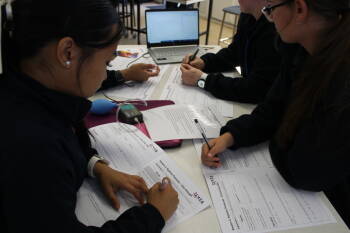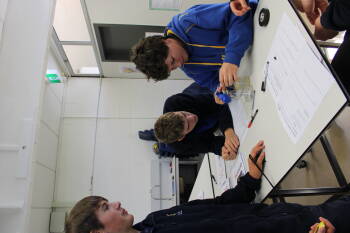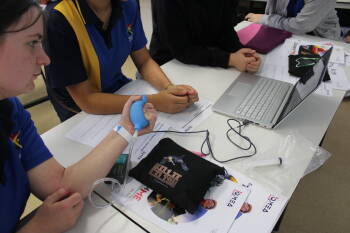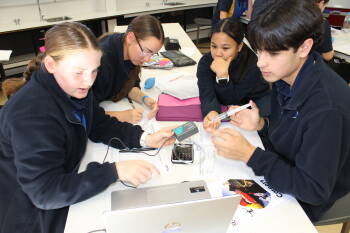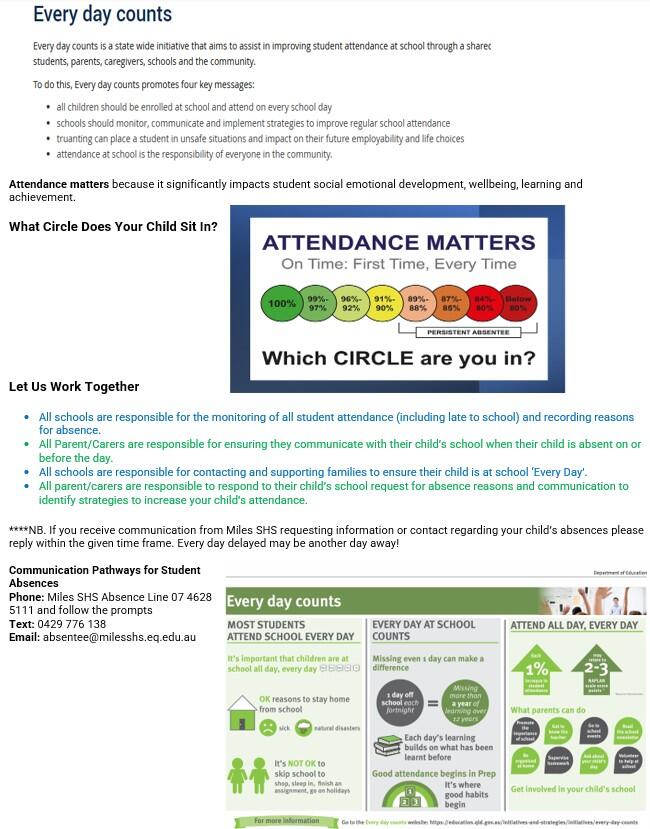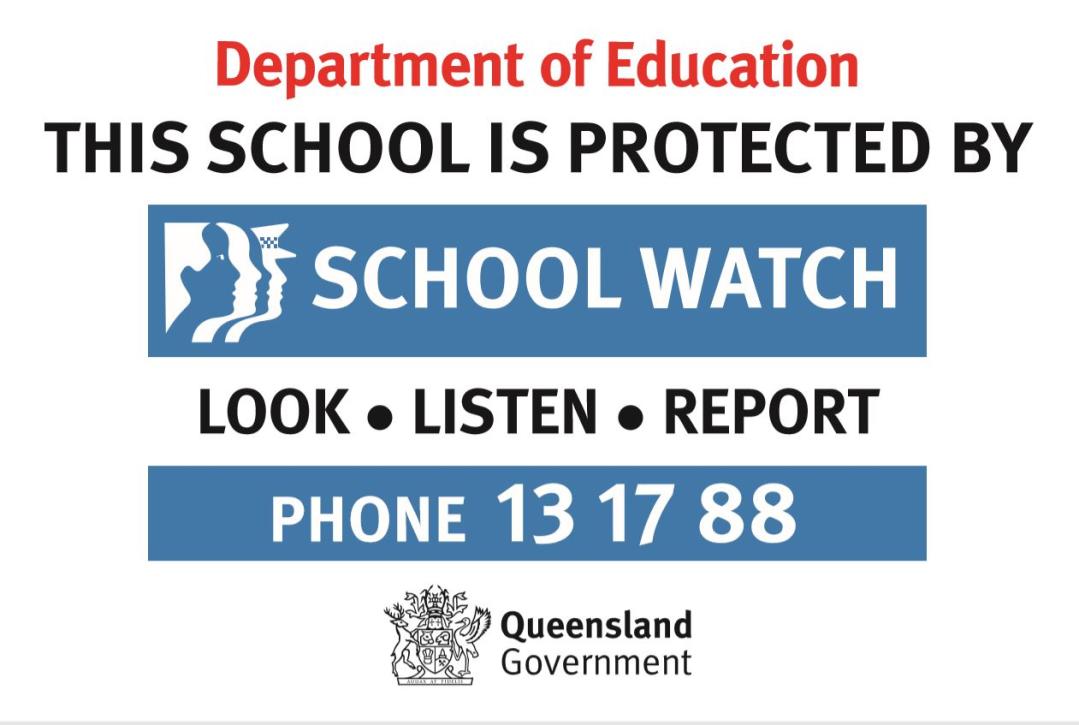Our RISE Focus for this week is ‘We think before we post’
Screens have become a necessary tool in everyday life, but the evidence is clear that overuse has negative impacts on the development young people’s brains.
Australian guidelines recommend no screen time for children under two, and a maximum of one hour per day for those aged 2-5. For older children and teenagers (5-17), the recommendation is no more than two hours of recreational screen time daily. These guidelines are based on evidence linking screen time to physical activity, sleep, and overall development.
Detailed Recommendations and Tips:
Screen Time Limits for Older Children (5-17):
Two hours of recreational screen time is the recommended limit, excluding screen time for schoolwork.
Prioritize Sleep:
Encourage 8-10 hours of sleep per night and keep devices out of the bedroom.
Engage in Open Conversations:
Talk with children about their online activities, what they're seeing, and how to stay safe.
Create a Family Tech Agreement:
Discuss and agree on when, where, and how devices will be used.
Model Healthy Behaviour:
Parents should also limit their own screen time and demonstrate healthy digital habits.
Choose High-Quality Content:
Help children select apps and websites that are educational, engaging, and age appropriate.
Consider Location Tracking and Parental Controls:
Utilize features on devices to monitor usage and set limits on content and app access.
Take Regular Breaks:
Encourage families to take screen-free breaks together to promote balance.
Focus on Connection:
Prioritize open communication and support over strict control.
Be Flexible and Adapt:
As children grow, their screen time needs and habits will change, so it's important to review and adjust expectations accordingly.
Simon Wilson








